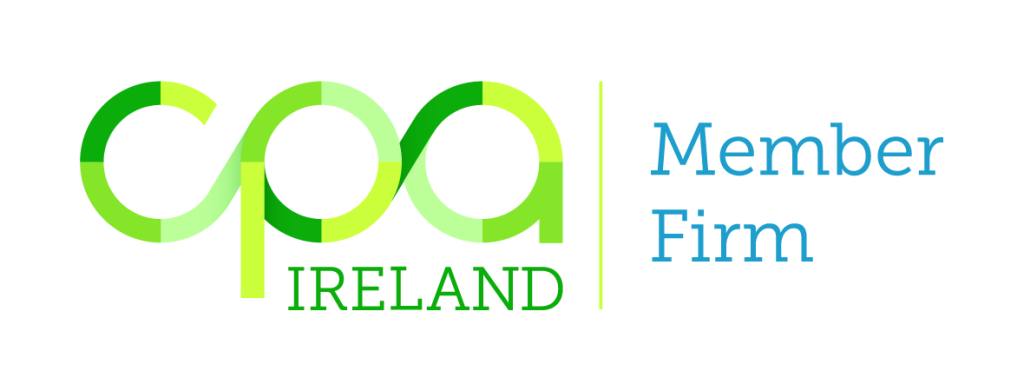In today’s competitive business landscape, Irish SMEs are constantly seeking innovative ways to optimize their operations, enhance efficiency, and streamline administrative tasks. One area where technology can make a significant impact is in accounting, where Xero has emerged as a leading cloud-based accounting solution that empowers SMEs to achieve their financial goals.
The Benefits of Xero for SMEs
Xero offers a comprehensive range of features that address the specific needs of SMEs, including:
- Seamless Invoicing and Payments: Xero simplifies invoicing processes, enabling businesses to create and send invoices quickly and easily. It also integrates with payment gateways, allowing for secure online payments and streamlined cash flow management.
- Automated Expense Tracking: Xero seamlessly integrates with expense management tools, providing a centralized platform for tracking, approving, and categorizing business expenses. This ensures that expenses are accurately accounted for and attributed to relevant projects or departments.
- Real-time Financial Insights: Xero provides real-time access to financial data, enabling SMEs to monitor their cash flow, track expenses, and analyze financial performance trends. This empowers businesses to make informed decisions based on up-to-date financial information.
- Integrated Tax Reporting: Xero simplifies tax reporting, automating the preparation of tax returns and financial statements. This streamlines the compliance process and reduces the risk of errors and omissions.
- Mobile App for Seamless Access: Xero’s mobile app allows SMEs to access their financial data and manage their accounts on the go, from anywhere and on any device. This provides flexibility and ensures that business owners and managers can stay informed about their financial performance at all times.
Xero as a Catalyst for Growth
By embracing Xero, Irish SMEs can unlock a wealth of benefits that can directly impact their financial health and growth prospects. Here are some specific ways Xero can help SMEs thrive:
- Improved Efficiency: Xero’s automation and integrations free up valuable time for SMEs to focus on core business activities and strategic growth initiatives.
- Enhanced Accuracy: Xero’s data-driven approach and automated processes minimize the risk of errors and ensure the reliability of financial data.
- Reduced Costs: Xero’s scalability and user-friendly interface eliminate the need for expensive in-house accounting systems and staff.
- Improved Cash Flow Management: Xero’s invoicing and payment features ensure timely payments, improved cash flow visibility, and enhanced financial forecasting.
- Enhanced Compliance: Xero’s automated tax reporting capabilities help SMEs comply with tax regulations and avoid penalties.
Conclusion
Xero has revolutionized the way SMEs manage their finances, providing a powerful platform for efficiency, accuracy, and compliance. By embracing Xero and leveraging its comprehensive features, Irish SMEs can streamline their accounting processes, improve their financial performance, and pave the way for sustainable growth. Here at Coffey&Co we are Silver Partners with Xero and are on hand to assist you and your SME with your Xero integration. Contact us today and we can get started.




